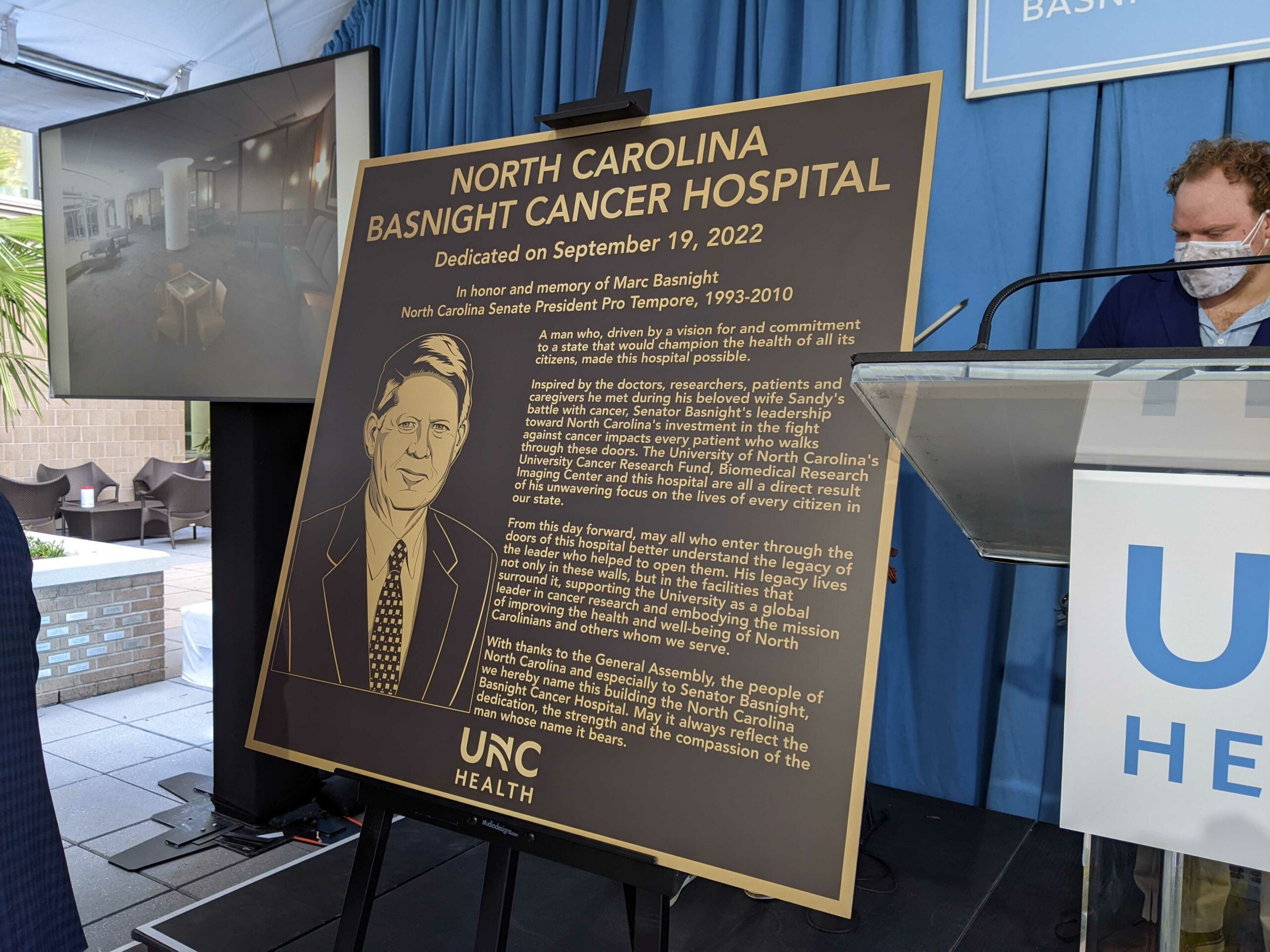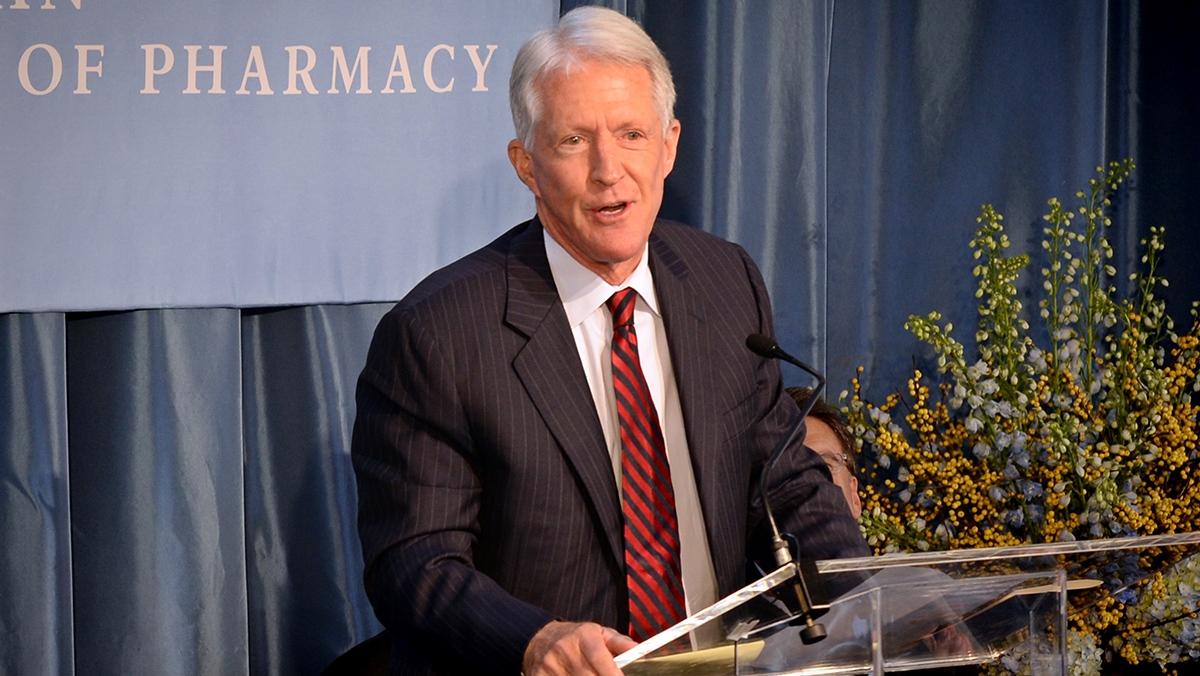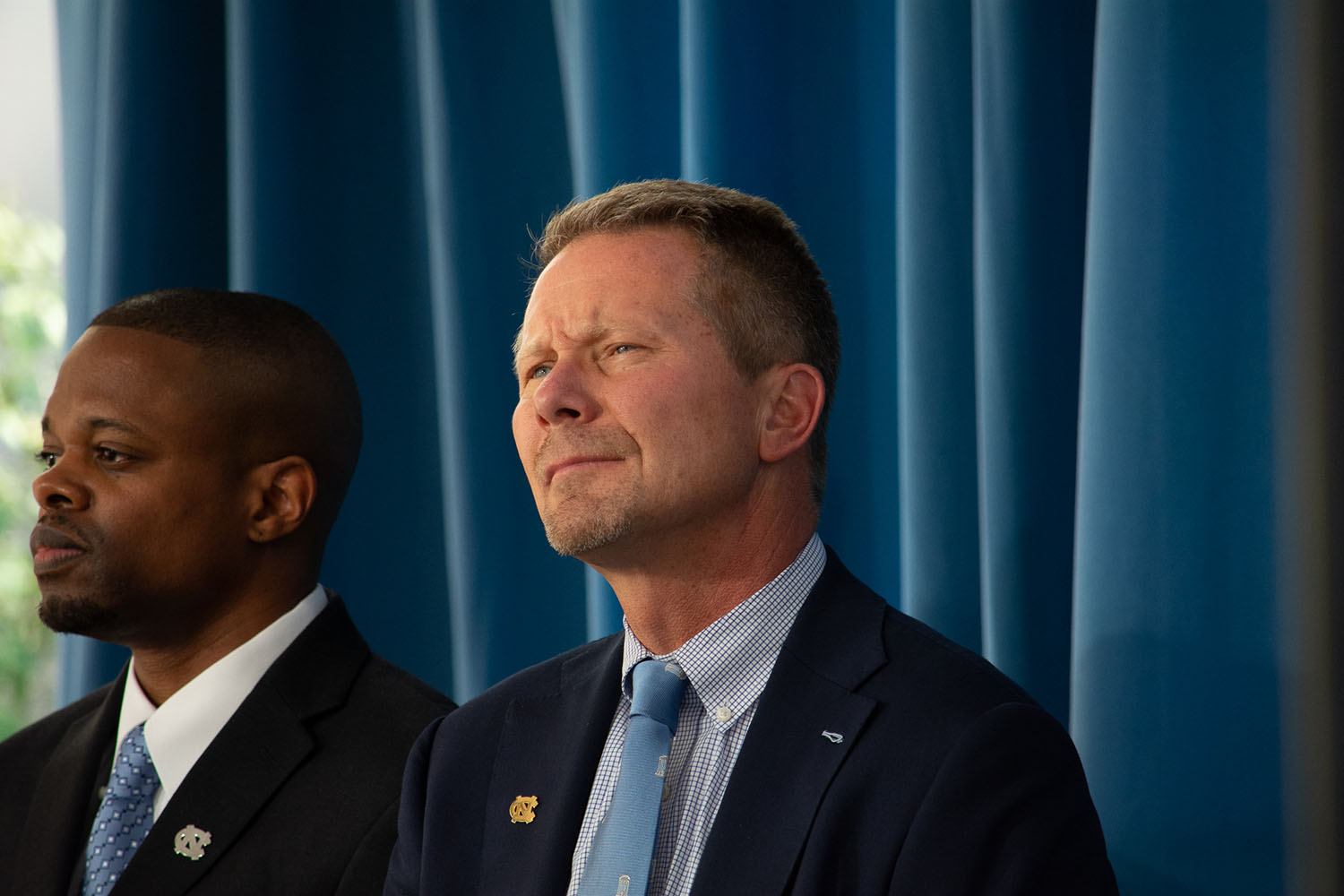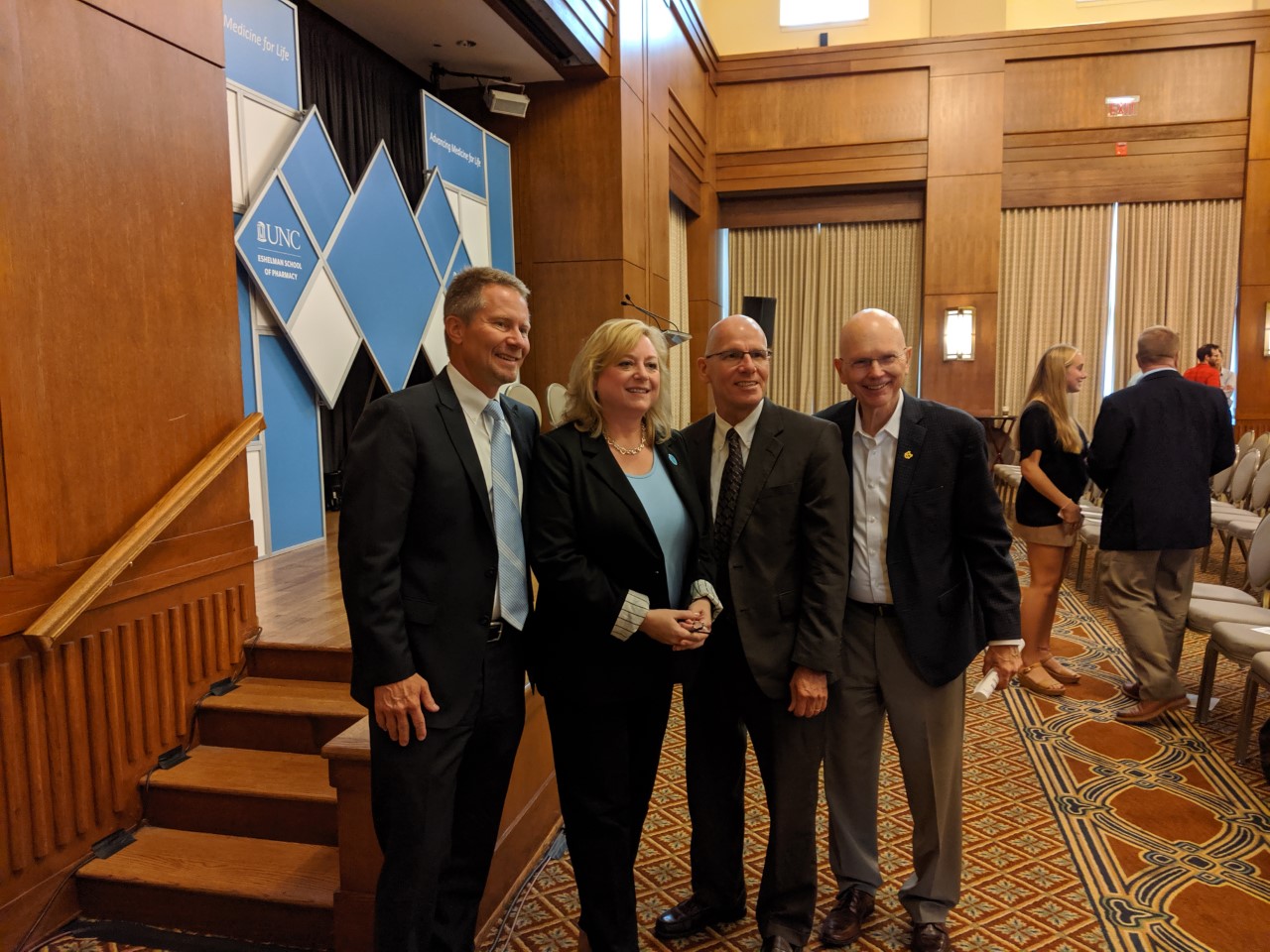UNC announced its plans for a new research center on Monday that will study the ways technology is changing democracy in the digital age.
The Center for Information, Technology and Public Life will look to discover empirical numbers on ways technologies impact and interact with society. Topics like fake news, the sales of data to advertisers, social media influence on political elections and the entire information environment are all key issues that will be researched.
Nicknamed CITAP, the center combines faculty from UNC’s School of Media and Journalism, School of Information and Library Science and communications department. Assistant professor of communications Alice Marwick is one of them. She describes CITAP as a “phenomenal opportunity,” partially because of the prior work done by the university’s staff.
“At Carolina,” Marwick says, “we’re lucky enough to have a number of leading researchers in the area of critical studies of technology, democracy, misinformation, elections and more. This allows us to work together and create a base for research which hopefully will have great public impact.”
Daniel Kreiss, an associate professor in the School of Media and Journalism and one of the faculty members of CITAP, agrees with Marwick. He says the chance to work collaboratively under the umbrella of the center provides a chance to tackle some of the most complex issues of modern society.
“Finally, we have the resources here at UNC to pursue really big and socially significant questions and to do it the right way,” says Kreiss. “As four scholars, we’ve been pursuing our own individual pieces the last decade, but never have we had the opportunity to combine our efforts. To do so at the scale that we’re all capable of, I’m really excited to see how this money is a force-multiplier in all of our research.”
Funding for the center primarily will come from a $5 million grant awarded to the university by the Knight Foundation. Studying technology’s impact on democracy is one of the non-profit’s initiatives, which is why it has pledged $50 million to 11 schools in total to research the issue.
Kreiss describes the Knight Foundation’s grant as a vote of confidence. He says these topics have been difficult to find empirical evidence on because of the ever-changing landscape of technology and social media.
“One of the big challenges the research community has had is how do we make theoretically-informed judgements as to what we think is going on,” says Kreiss. “And how do we study that empirically, so we know we’re looking at actual trends that exist and not outliers or anecdotes? How do we get at what’s happening systematically?”
An important result CITAP hopes will come of their research is more regulation on tech companies and platforms. Marwick says in order to create policies to reign in their actions, hard evidence is needed.
“We’ve been relying on the platforms to self-regulate for the last 15 years, and I think it’s pretty clear that it hasn’t been good enough,” she says. “But the missing piece in a lot of proposed legislation is empirical evidence and one of the things we hope the center is able to do is provide really strong, empirical knowledge on which policy recommendations can be made.”
With the grant from the Knight Foundation, CITAP has six years to be launched and self-sustainable. They hope to eventually expand to around 24-30 staff.
Related Stories
‹

UNC Study: 'Habitual' Social Media Use Changes Kids' Brain DevelopmentDo you remember the time before social media? For children and young adults, social media is a significant part of their lives — and we’re still learning how it’s affecting them.
A study conducted by UNC researchers found a habitual checking of social media can impact brain development in adolescents.
![]()
On Air Today: 'Naloxone Near Me,' with Delesha CarpenterAaron welcomes UNC's Delesha Carpenter to discuss "Naloxone Near Me," a new statewide initiative that could save lives.

UNC Cancer Hospital Renamed to Honor State LeaderMarc Basnight was North Carolina’s longest-serving legislative leader. After his death, state legislatures wanted to find a way to honor him.

Namesake of UNC Pharmacy School Suing Pro-Trump Group Over Voter Fraud InvestigationThe namesake of the UNC Eshelman School of Pharmacy is in the news as he attempts to get back $2.5 million of donations he made to post-election investigations of voter fraud. Dr. Fred Eshelman, founder of companies that invest in private health care and develop new drugs, filed a lawsuit in Texas last week against […]

UNC Researcher on COVID, At-Risk Populations: 'We Are Not Out of the Woods'As coronavirus cases in North Carolina continue to rise, researchers and health officials are expressing concerns for at-risk groups – and that means more than just the elderly population. Dr. Giselle Corbie-Smith is a UNC Professor of Social Medicine, the Director of the Center of Health Equity Research and a Professor of Internal Medicine. She […]

UNC Schools, Morehead Planetarium Make Medical Supply DonationsThe North Carolina Department of Health and Human Services says it requested 500,000 each of N95 masks, gowns, gloves, face shields and coveralls from the federal stockpile to help health care workers be properly protected while treating patients. As of Sunday, all amounts of that PPE, or personal protective equipment, are less than requested. That’s […]
![]()
UNC Graduate Programs for Pharmacy, Nursing Earn Top National RankingsMany UNC graduate programs earned high marks in the U.S. News & World Report’s “Best Graduate Schools” list, including some taking the top rankings. The list’s latest results were shared by the university in a release on Tuesday, revealing the UNC Eshelman School of Pharmacy as the top graduate program in pharmacy for the second straight […]

UNC Pushes Back Against Research Allegations in The AthleticUNC interim chancellor Kevin Guskiewicz has long been viewed as one of the leading concussion researchers in the world in recent years. But a report published in The Athletic this week claimed that for years UNC student-athletes, particularly football players, were testing positive for ADHD at abnormally high rates – which the report claims could […]

UNC School of Pharmacy's New Dean Begins TenureUNC’s Eshelman School of Pharmacy held a celebration on Tuesday to welcome its new dean to her job, as Angela Kashuba became the school’s eleventh dean. Kashuba was selected in May to take over as leader of the top pharmacy school in the nation. The permanent role had been vacant since Bob Blouin was hired as […]

New UNC Center to Research Technology's Impact on DemocracyUNC announced its plans for a new research center on Monday that will study the ways technology is changing democracy in the digital age. The Center for Information, Technology and Public Life will look to discover empirical numbers on ways technologies impact and interact with society. Topics like fake news, the sales of data to […]
›










